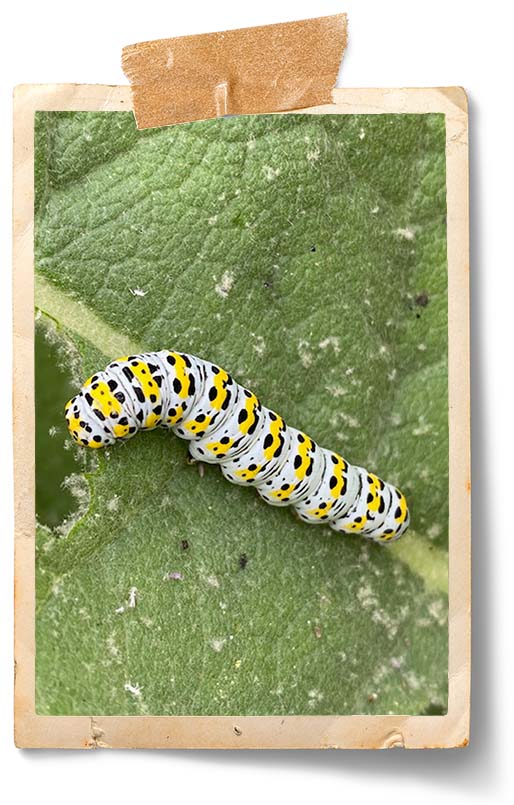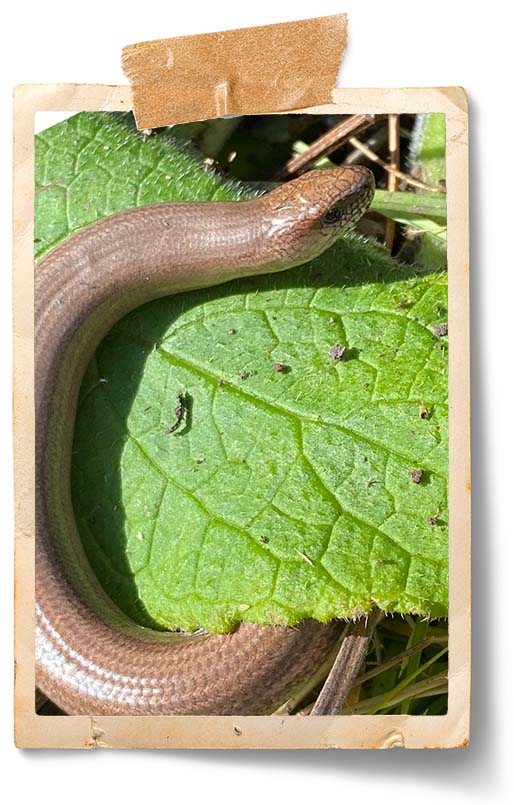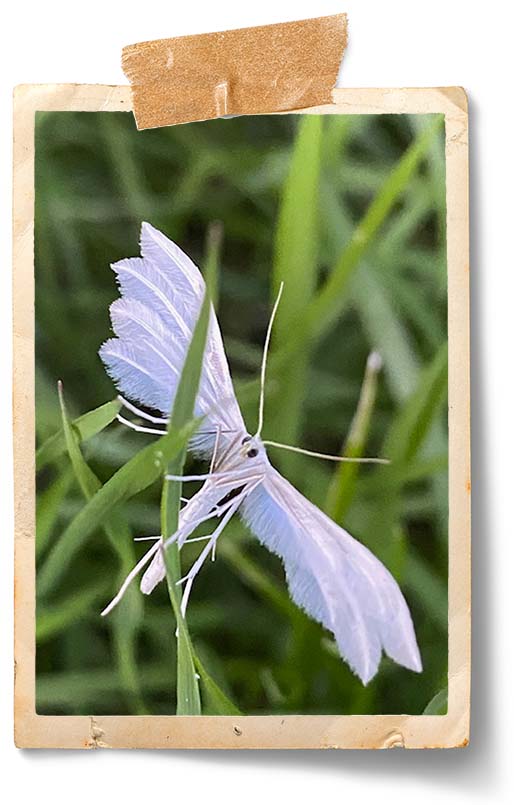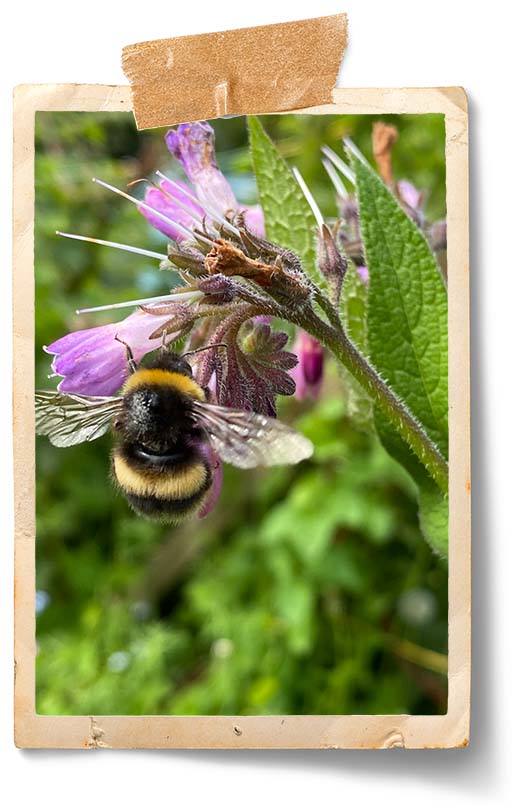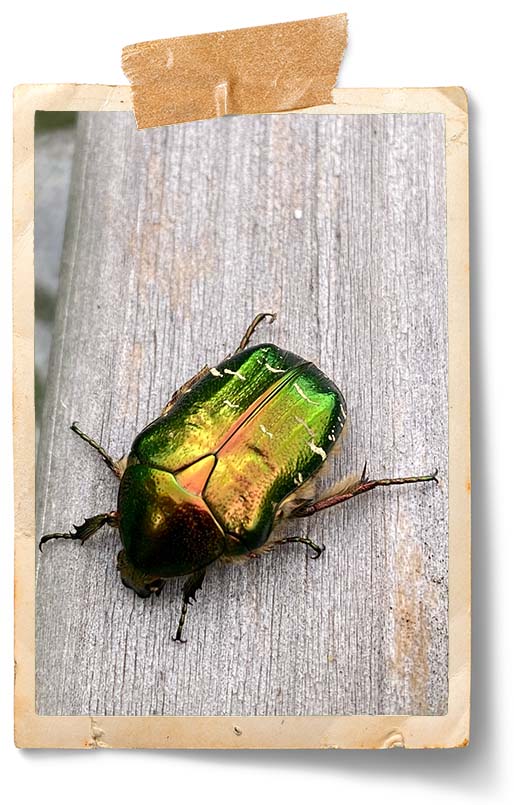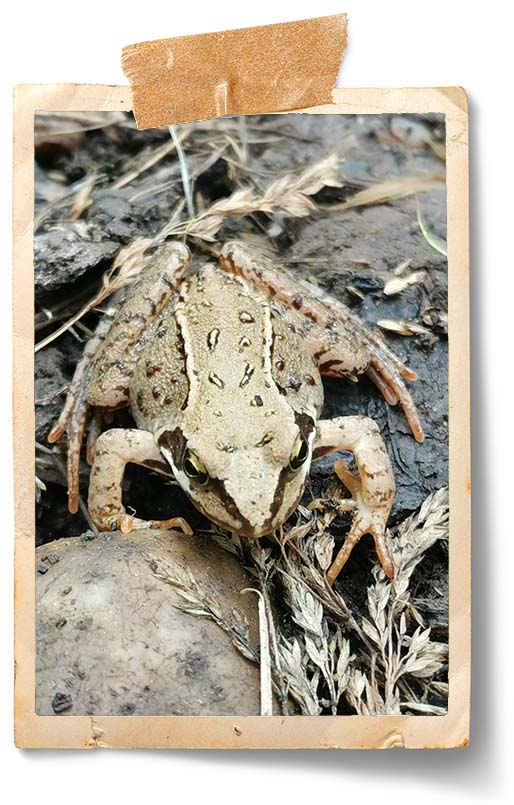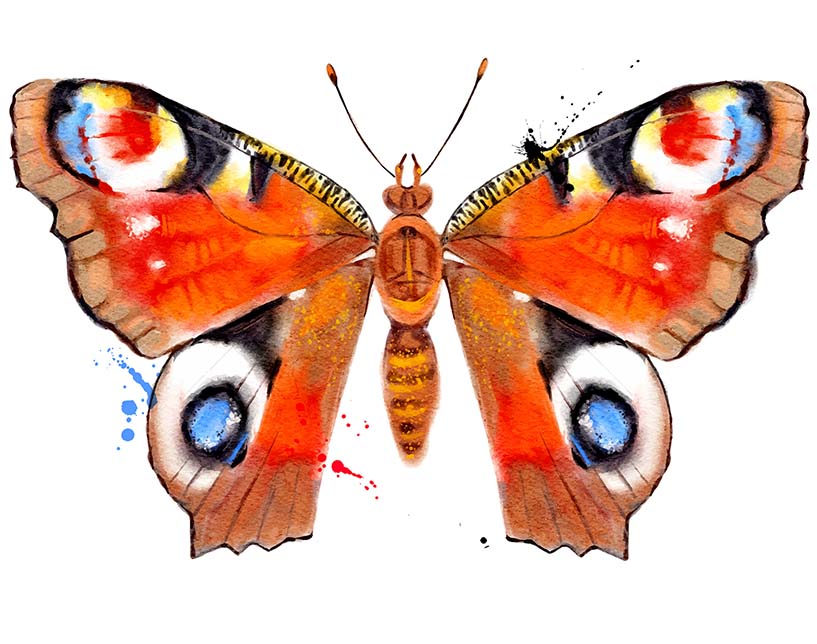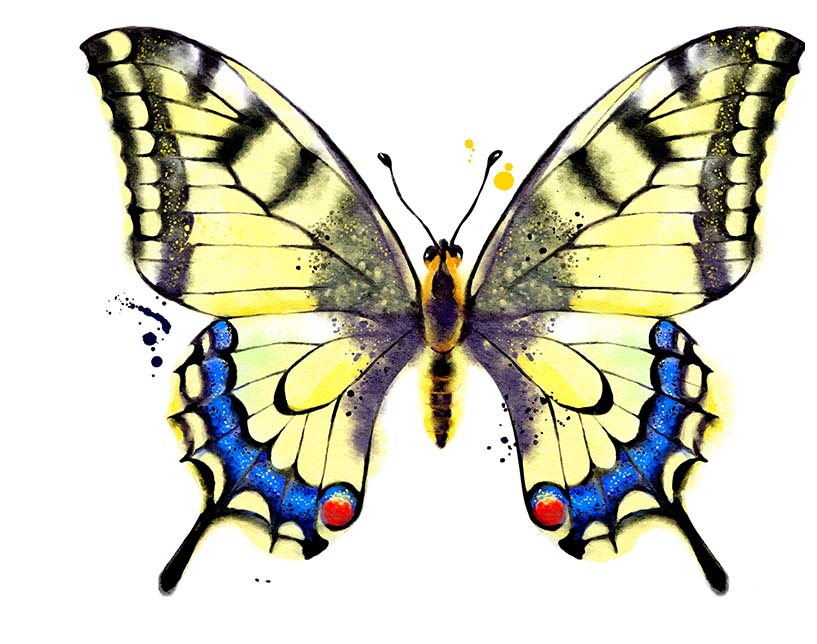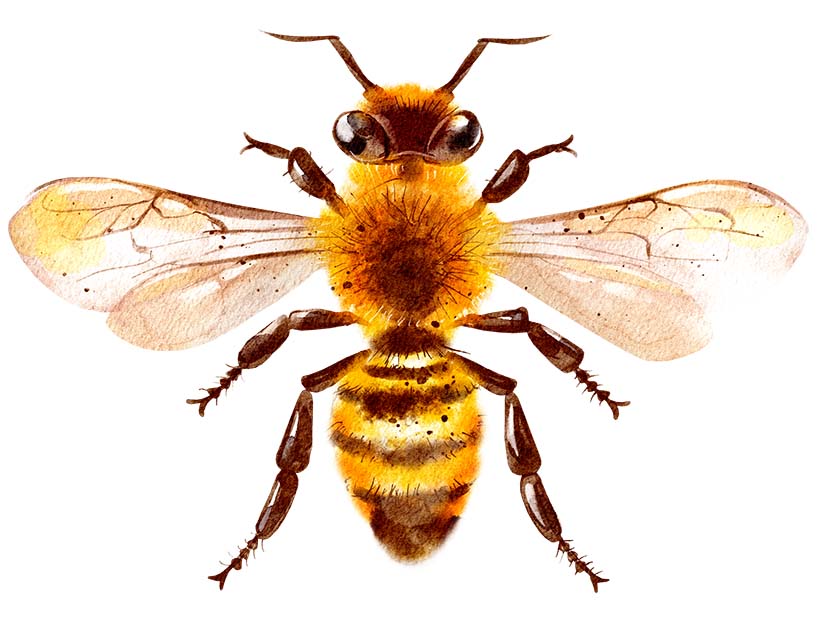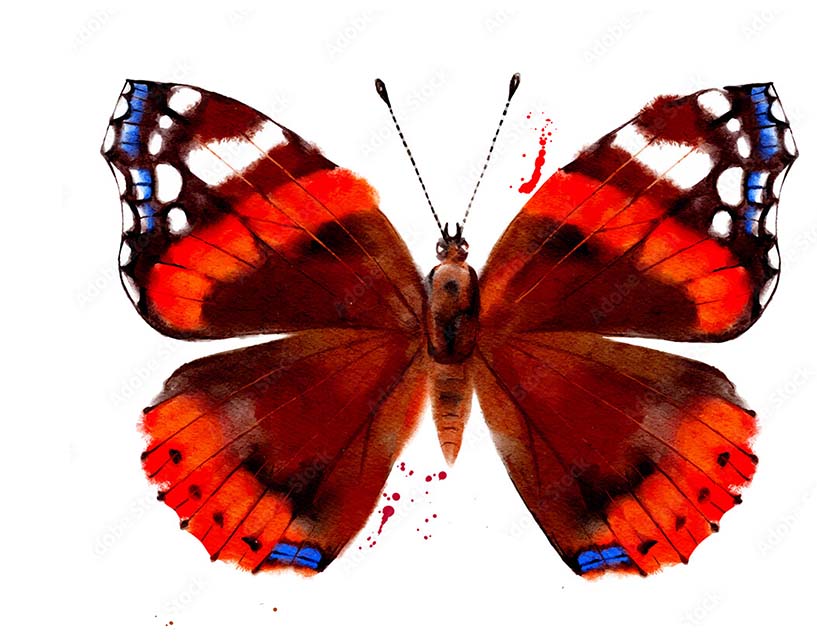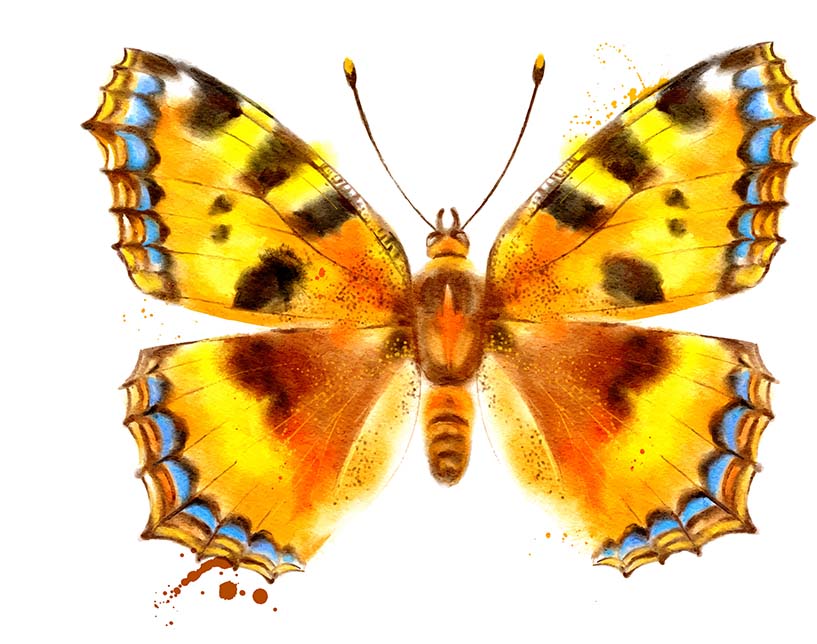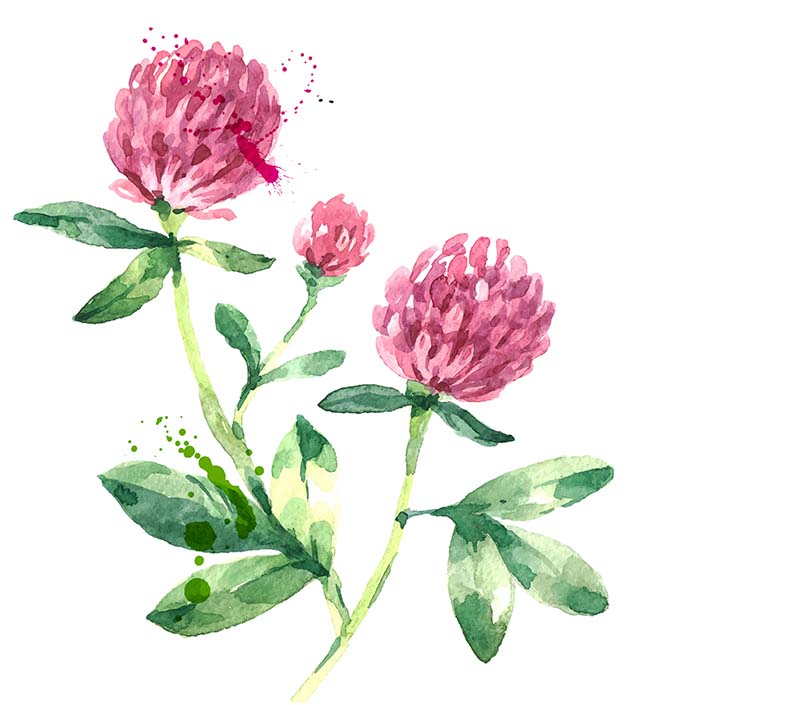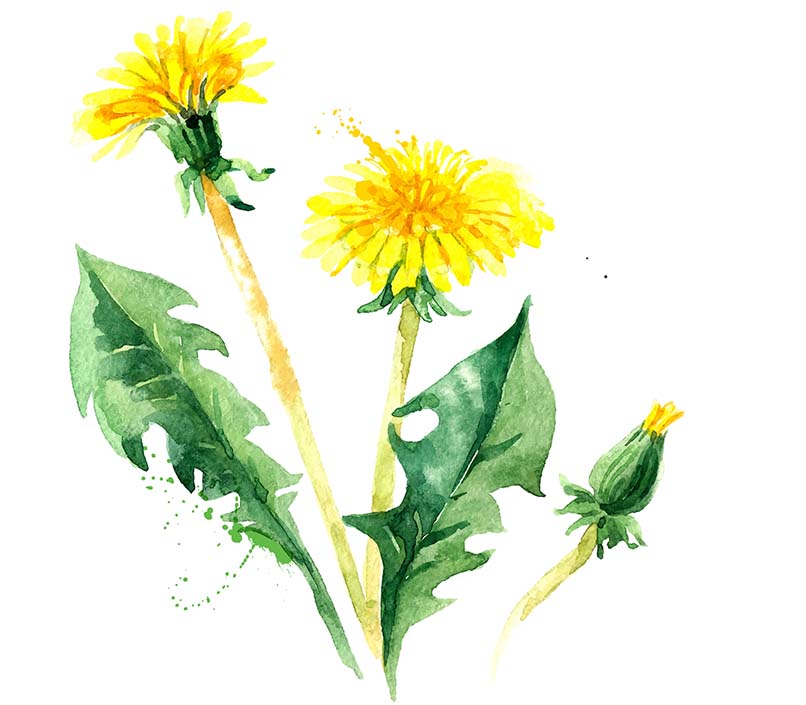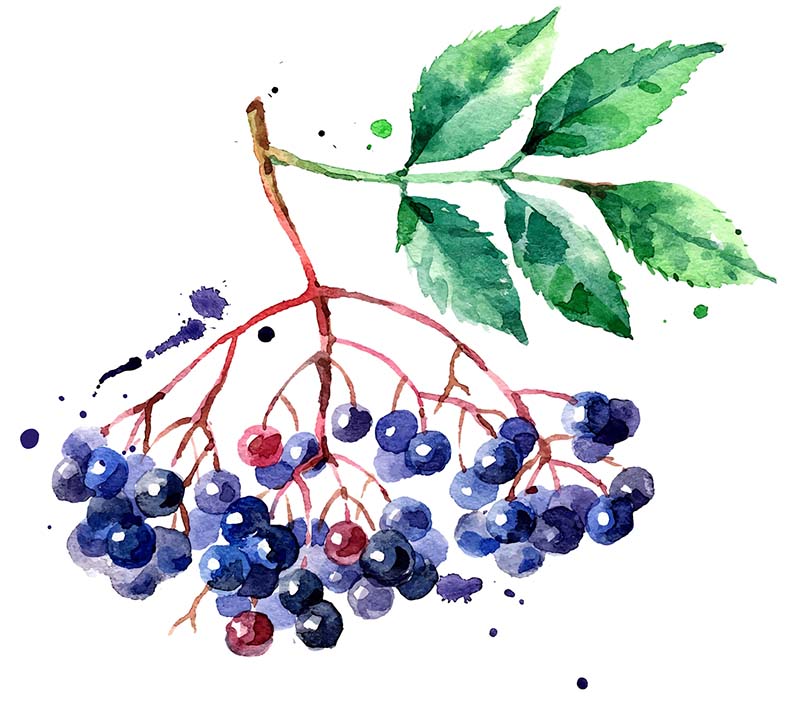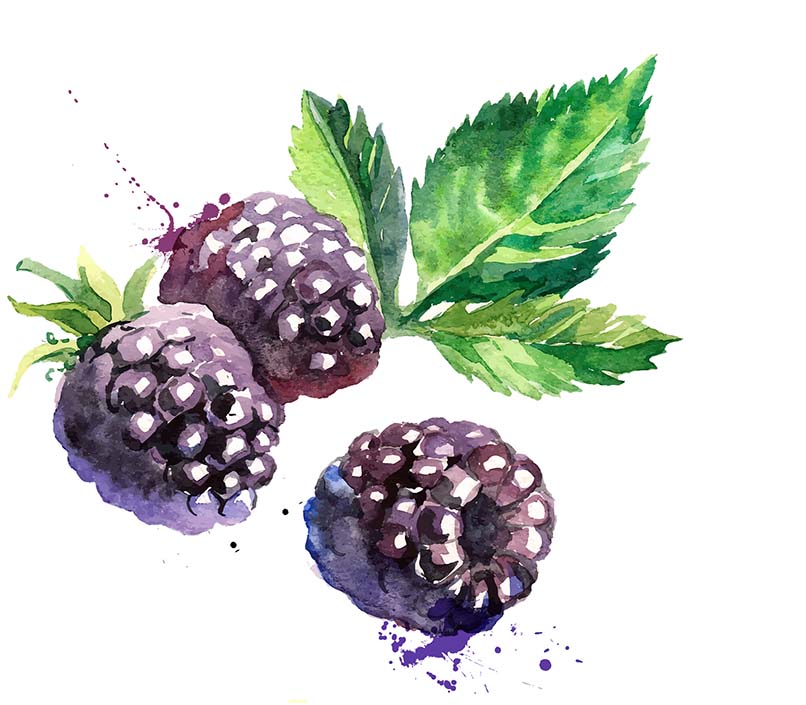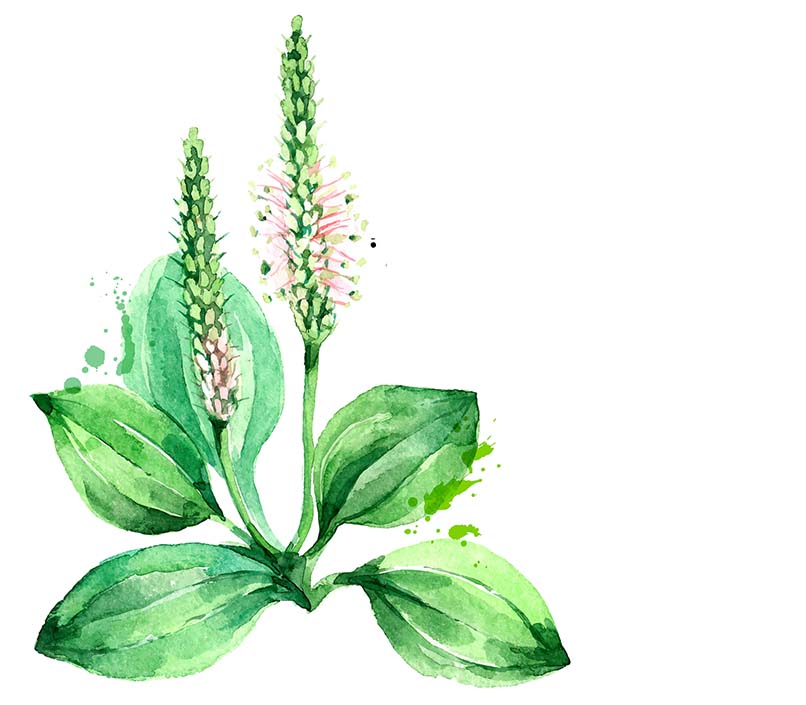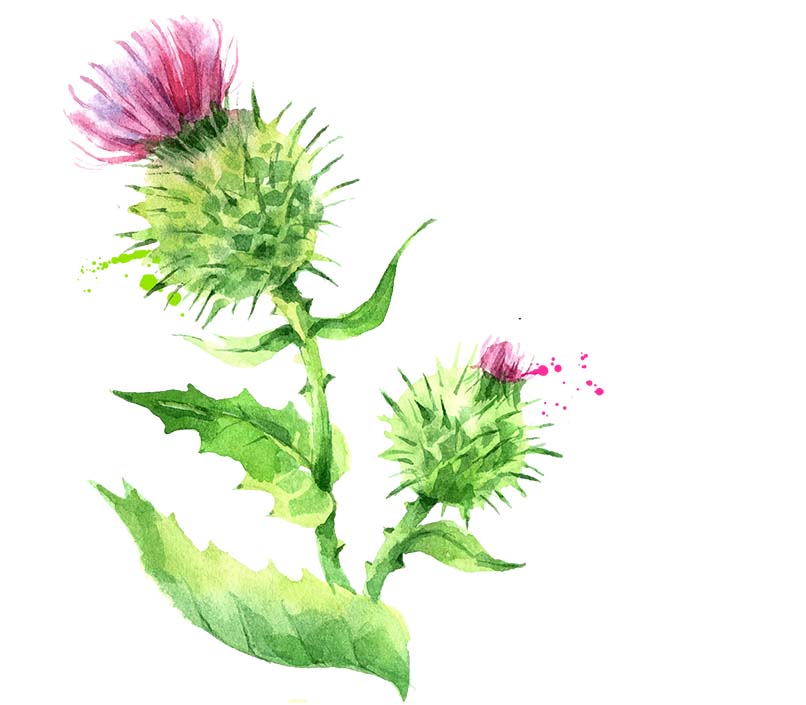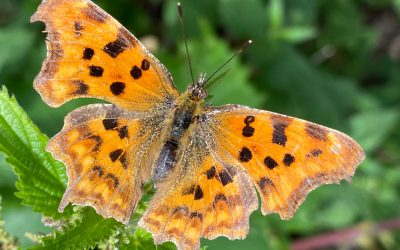Biodiversity
Biodiversity
The UK is losing nature at one of the fastest rates on the planet.
Disgracefully we’re now in the bottom 10% of countries for biodiversity.
We are facing a significant biodiversity crisis, with numerous species and habitats experiencing decline. The UK is considered one of the most nature-depleted countries in the world, with less than half of its original biodiversity remaining.
It can all feel utterly overwhelming, but in our little allotment we can all make a difference. We are lucky to have a diversity of environments, such as mini woodland, a riverbank, mature trees, hedges, ponds and potential for wild flower areas within the site.
Bats, slow worms, dragonflies, sparrows, robins, pigeons, frogs and foxes all call the allotment home, along with a large selection of plants, insects, bees, moths and butterflies.
Ravensbourne Road Allotments have now partnered with idverde Bromley’s Biodiversity programme, with our Treasurer Pip becoming our Biodiversity Champion
The UK is losing nature at one of the fastest rates on the planet.
Disgracefully we’re now in the bottom 10% of countries for biodiversity.
We are facing a significant biodiversity crisis, with numerous species and habitats experiencing decline. The UK is considered one of the most nature-depleted countries in the world, with less than half of its original biodiversity remaining.
It can all feel utterly overwhelming, but in our little allotment we can all make a difference. We are lucky to have a diversity of environments, such as mini woodland, a riverbank, mature trees, hedges, ponds and potential for wild flower areas within the site.
Bats, slow worms, dragonflies, sparrows, robins, pigeons, frogs and foxes all call the allotment home, along with a large selection of plants, insects, bees, moths and butterflies.
Ravensbourne Road Allotments have now partnered with idverde Bromley’s Biodiversity programme, with our Treasurer Pip becoming our Biodiversity Champion
Allotments need to be mindful of negative practices such as:
- direct loss of habitat e.g. redevelopment, excessive hard landscaping and levelling, lack of dead wood retention
- inappropriate management and damage to habitat from pesticide, herbicide, fungicide and fertiliser application
- pollution (e.g. rubbish, accumulation of chemicals including salt, illegal dumping of waste materials)
- pressure and disturbance from people and pets
- intensive management regimes
- intolerance of certain species in urban areas (e.g. foxes, nettles, scrub and weed species)
- planting of invasive species e.g. cherry laurel
Allotments need to be mindful of negative practices such as:
- direct loss of habitat e.g. redevelopment, excessive hard landscaping and levelling, lack of dead wood retention
- inappropriate management and damage to habitat from pesticide, herbicide, fungicide and fertiliser application
- pollution (e.g. rubbish, accumulation of chemicals including salt, illegal dumping of waste materials)
- pressure and disturbance from people and pets
- intensive management regimes
- intolerance of certain species in urban areas (e.g. foxes, nettles, scrub and weed species)
- planting of invasive species e.g. cherry laurel
Further details of Bromley’s Biodiversity Plan Allotments on pages 99 -104
An initial site visit with Ian Wright, the senior conservation officer at idverde was completed to assess Ravensbourne Road Allotment. The overall biodiversity of the site was praised and following all the great knowledge and expert advice shared by Ian, it’s an exciting opportunity to further enhance the allotment.
A report of the visit to Ravensbourne Road Allotment is available here. There’s also a news article with details of the latest updates.
Further details of Bromley’s Biodiversity Plan Allotments on pages 99 -104
An initial site visit with Ian Wright, the senior conservation officer at idverde was completed to assess Ravensbourne Road Allotment. The overall biodiversity of the site was praised and following all the great knowledge and expert advice shared by Ian, it’s an exciting opportunity to further enhance the allotment.
A report of the visit to Ravensbourne Road Allotment is available here. There’s also a news article with details of the latest updates.
Biodiversity decline isn’t just about wildlife. Our food heritage is also under threat. Countless open-pollinated vegetable varieties, once a staple in family gardens, have been lost in our lifetime.
This decline in cultivated biodiversity represents a loss of genetic resource and rich local history, while fewer varieties mean a more fragile food system, vulnerable to crop failures.
To counteract this, source seeds from smaller, more diverse open-pollinated seed companies with organic and heritage varieties. The below companies are all recommended, why not order with other plot members to save on postage:
RealSeeds: heirloom and heritage vegetable seeds chosen for home gardeners, with fantastic germination and great flavour.
Vital Seeds: UK-grown organic and open-pollinated seed.
Garden Organic: (previously the Henry Doubleday Research) growing organic for over 50 years.
OmVed: a community of growers, sharing organic and heritage varieties.
Brogdale: The National Fruit Collection, the world’s largest fruit collection. Living history and heritage of fruit.
Other important charities and organisations:
Plantlife: encourages people to be a part of the solution to the climate crisis. Protecting, restoring, & strengthening the world’s species and habitats.
Woodland Trust: the UK’s largest woodland conservation charity. Vision to create a world where woods and trees thrive for people and nature.
Butterfly Conservation: butterflies and moths are a vital part of our wildlife heritage and the stark fact is that they are continuing to decline at an alarming rate, an early warning to all wildlife that cannot be ignored.
Bumblebee Conservation: our bumblebee populations have crashed, this is everyone’s problem. Bumblebees are key pollinators of affordable fruit and vegetables for all. We need to protect them.
The RSPB: a charity for the conservation of birds and nature. Bringing people together who love birds and other wildlife, and who want to take action to restore the health and diversity of the natural world.
Landworkers Alliance: a vision of food and land-use system where everybody, regardless of income, status or background has access to local, healthy, affordable food from producers they can trust.
Knepp: Rewilding Pioneers – working with nature to build a sustainable future.
Wilder Blean Project: Kent Wildlife Trust and Wildwood Trust have partnered up to show how European bison can provide a sustainable solution to woodland management in south east England.

News & Events
October Checklist
The season’s changing, the days are noticeably becoming shorter and temperatures are dropping, but there’s still a chance to do some last sowings of winter salads and greens. Autumn sown vegetables and plants will bloom a couple of weeks earlier than a spring sown seeds…
No Sugar Plum Compote Recipe
A glut of plums? Inspired by the classic Italian plum preserve, this jam recipe uses only with ripe plums, apples and lemons. You can spice the jelly with cinnamon, ginger, and star anise if so desired…
Biodiversity Report
In July 2025 we were privileged to receive a visit from idverde’s senior conservation officer, Ian Wright, in order to complete an initial biodiversity assessment of Ravensbourne Road Allotment. There were 4 main areas discussed which were…
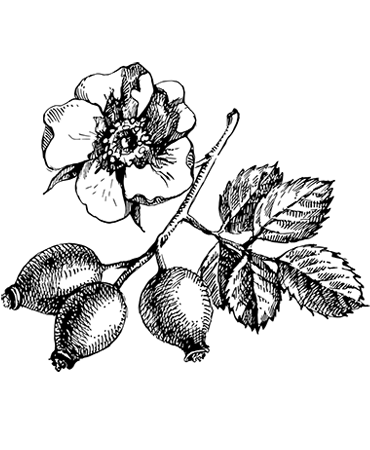
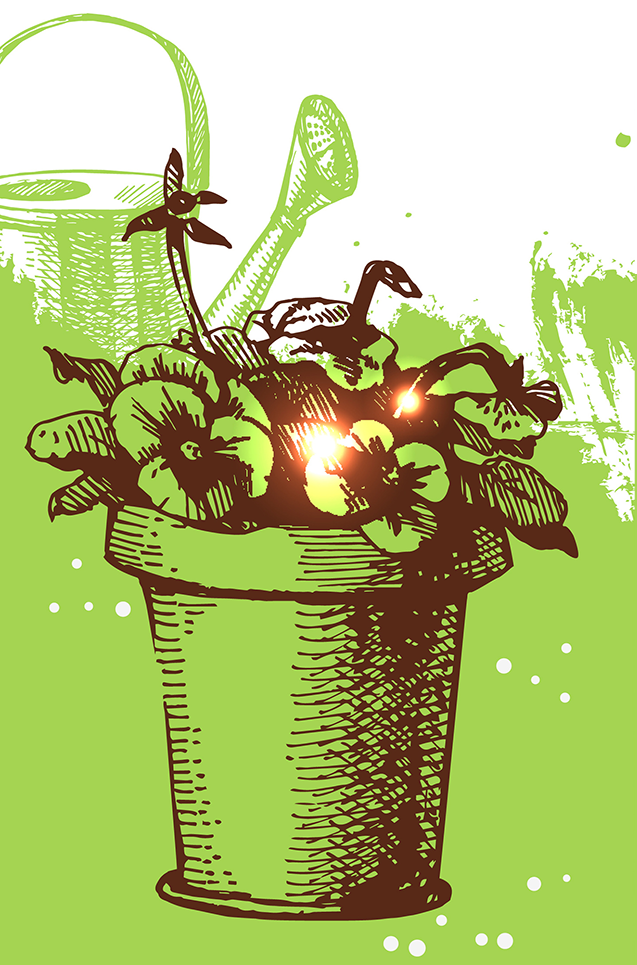
Enquire about a plot

